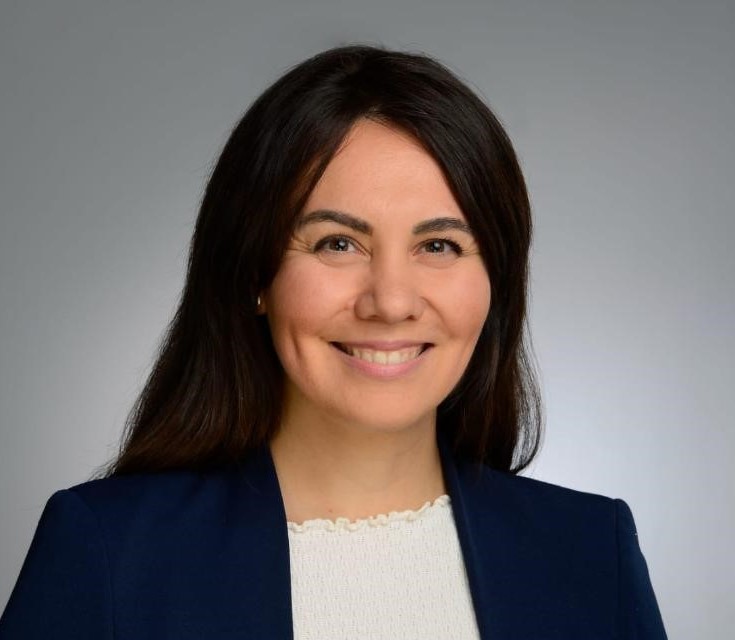Professur für Politische Ökonomie und Wirtschaftssoziologie
Inhaber der Professur

Prof. Dr. Alexander Ebner
Gebäude: PEG Raum: 3. G188
Telefon: +49 69 798 - 36547
Email: a.ebner@soz.uni-frankfurt.de
Wissenschaftlicher Mitarbeiter

Gebäude: PEG Raum: 3.G189
Telefon: + 49 69 798 36549
E-Mail: reale@soz.uni-frankfurt.de
Wissenschaftlicher Mitarbeiter

Gebäude: PEG Raum: 3.G189
Telefon: + 49 69 798 36548
E-Mail: hauff@soz.uni-frankfurt.de
Assoziierte
Apl. Prof. Dr. Christian Stegbauer
Gebäude: PEG Raum: 3.G178
Telefon: +49 69 798 -36551
Email: stegbauer@soz.uni-frankfurt.de
Lehrbeauftragte
Dr. Angelika Zahn
Georg Simmels 'Philosophie des Geldes'
(Wintersemester 2023/2024)
Wir werden die ‚Philosophie des Geldes' komplett lesen. Voraussetzung für eine Teilnahme ist daher die Bereitschaft zu regelmäßiger Lektüre längerer Texte.
M.A. Stephane Kouassi
Neue Paradigmen der Entwicklungspolitik: Mixed-Embeddedness, Expertise und Governance
(Wintersemester 2023/2024)
Ehemalige wissenschaftliche Mitarbeiterinnen & Mitarbeiter
Jens Matthias Sorg
Experimentalist Regional Governance: Policy Analysis in Geographic-Functional Regions Frankfurt – Munich –Berlin
Fabian Bocek
Titel: Ersatz Capitalism and Industrial Policy in Southeast Asia: A Comparative Analysis of Indonesia and Malaysia
Nina Rodmann
Titel: Industrial Policies and Government–Business Relations in Southeast Asia: The Case of the Philippines
Johanna Paquin
- Aktuelles und Presse
- Pressemitteilungen
- Öffentliche Veranstaltungen
- Uni-Publikationen
- Aktuelles Jahrbuch
- UniReport
- Forschung Frankfurt
- Aktuelle Stellenangebote
- Frankfurter Kinder-Uni
- Internationales
- Outgoings
- Erasmus / LLP
- Goethe Welcome Centre (GWC)
- Refugees / Geflüchtete
- Erasmus +
- Sprachenzentrum oder Fremdsprachen
- Goethe Research Academy for Early Career Researchers
- Forschung
- Research Support
- Forschungsprojekte, Kooperationen, Infrastruktur
- Profilbereich Molecular & Translational Medicine
- Profilbereich Structure & Dynamics of Life
- Profilbereich Space, Time & Matter
- Profilbereich Sustainability & Biodiversity
- Profilbereich Orders & Transformations
- Profilbereich Universality & Diversity






